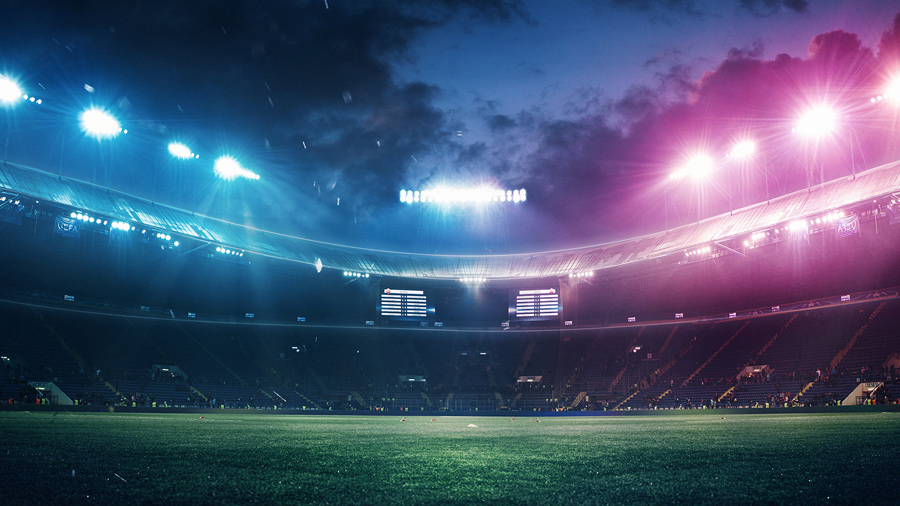With the digital disruption and adoption in full swing, the expectations and attitudes of sports fans regarding WiFi connectivity and 5G cellular service has also increased. When fans visit a stadium to watch a game, they expect an environment built on easy digital interactions. This includes facilitating easy network access via mobile devices for social media posts, photo and video capture, digital tickets, mobile payments, and more.
Solid Digital Engagement for Fans & Venue Operators
It is the venues’ responsibility to create an environment aligned with current fan habits and expectations. This not only heightens the investment prospect in strategic technologies, but also amplifies the competition among stadiums.
Fans are consuming WiFi bandwidth as fast as stadiums can deliver. Any sporting fan who has attended a game in a packed stadium knowns that network connectivity can often lag. This is largely due to several thousand attendees simultaneously attempting Internet access from the same location. Mobile networks therefore become overloaded affecting connectivity and download speeds.
A venue's specific physical characteristics and high-density crowd could cause challenges when delivering robust WiFi solutions. However, stadiums are now realizing this is neither the ideal environment for active social media engagement, nor venues attempting to promote a comprehensive stadium experience.
Learn How San Francisco-Based Levi's Stadium Increased Mobile Connectivity
Levi’s Stadium in San Francisco was built with 70 miles of WiFi cabling and one WiFi access point for every 100 seats. This also includes 1,200 in-venue access points, approximately 1,200 Bluetooth beacons, and 40 Gbps Internet bandwidth. These efforts help fans with improved experiences accessing mobile connectivity— regardless of cellular carrier.
The growing use of advanced devices has also attributed toward increased data capacity. Fans are utilizing the latest smartphones featuring much higher megapixel cameras, thereby creating larger file sizes. This, and the uptick of social media platforms, live streaming and other digital engagement presents an even higher need for in-venue capacity.
“When we first started talking about this, it was about the tolerance level for our younger fans,” says Michelle McKenna-Doyle, CIO of the National Football League (NFL). Now it's every person who attends a game. The need is felt more and more across the nation, and the point is about the possibility of enhancing the fan experience in the stadiums. The amount of cable, access points, and beacons being installed is staggering. The tech vendors are being brought in to strategize and architect the stadium around the role that technology would play. The fan-first mentality is starting to fuse in, and creating the stadium experience with the connectivity and application the fans expect continues to be a top priority for the sports team.”
Airtower Networks provides customized solutions such as cellular, managed WiFi, private LTE, and more for seamless in-building connectivity, enhanced productivity, and a competitive bottom line. Connect with us today to commence your wireless networking journey!
Subscribe to the Airtower Networks Blog
Get emailed articles, guides, and updates.




